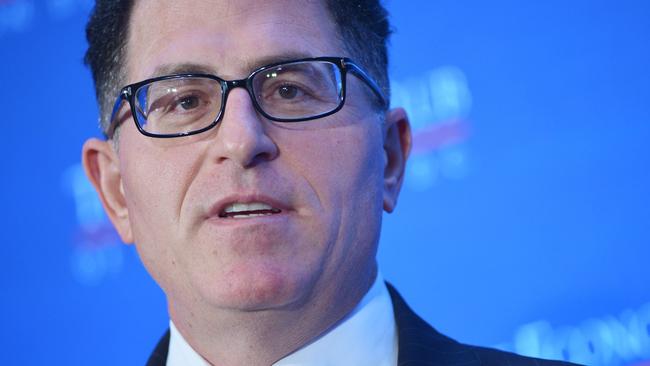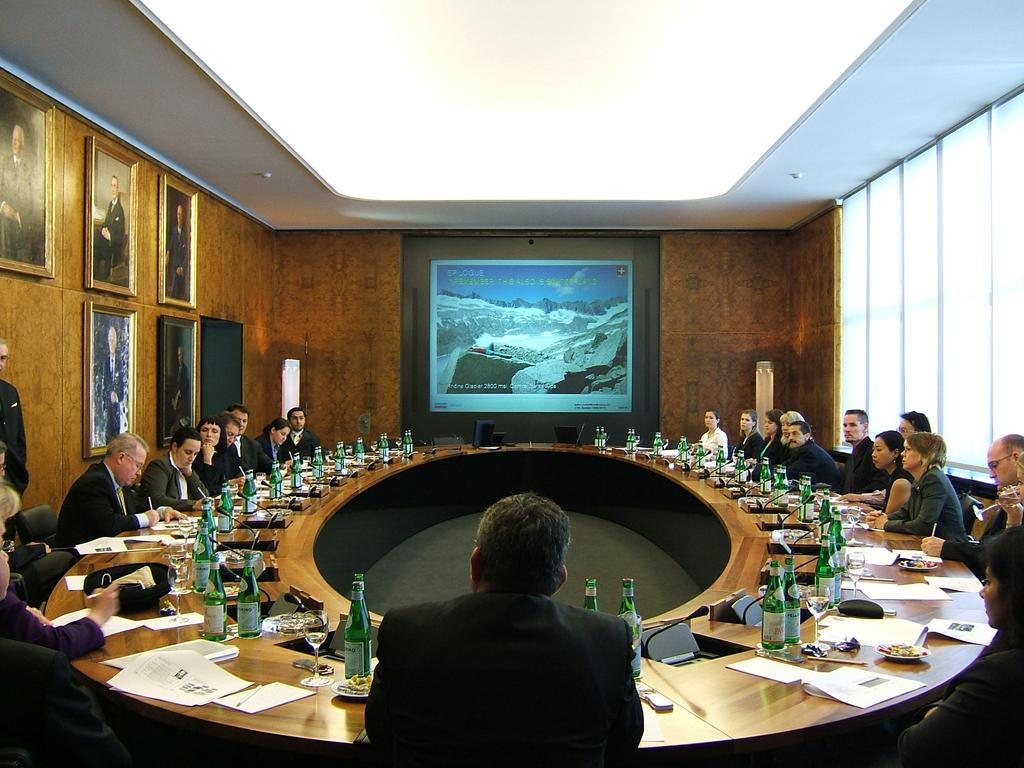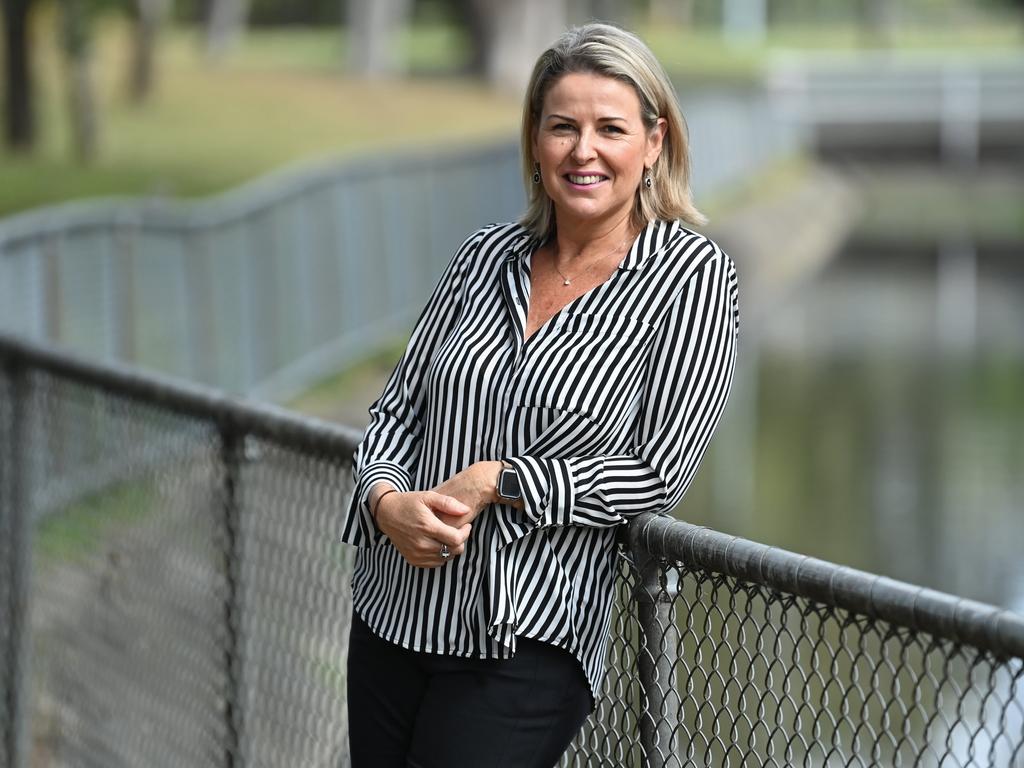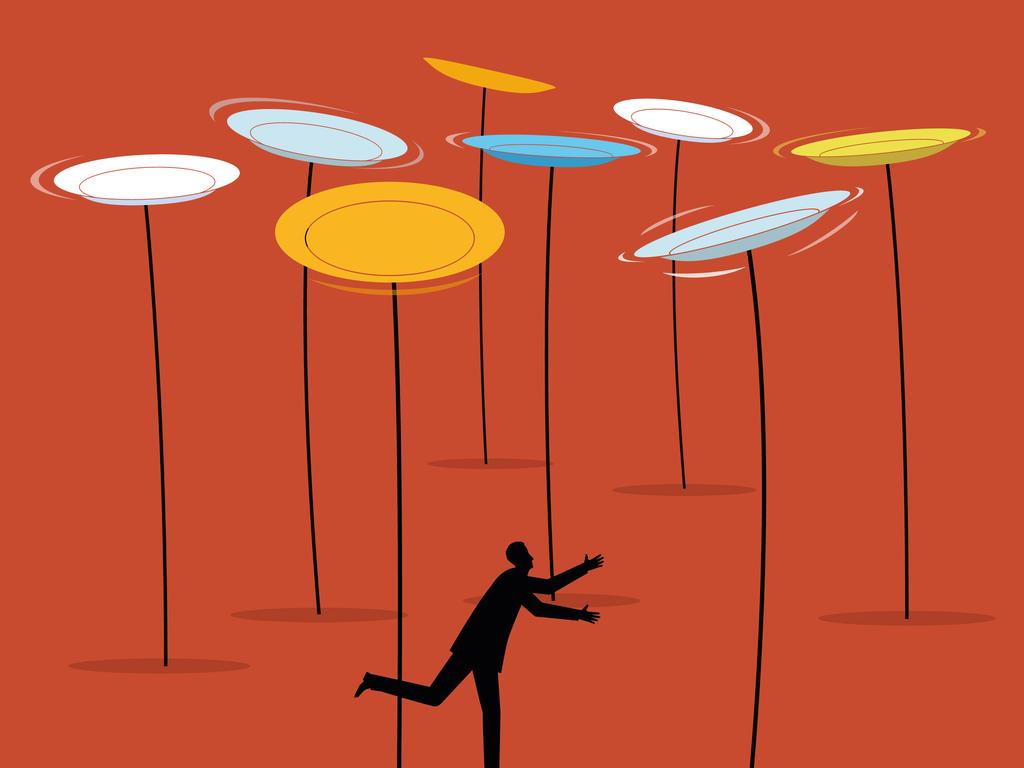Michael Dell’s tech company is making the most of the Covid crisis
Tech guru Michael Dell says work is not a place, it’s what you do.

Michael Dell seems relaxed. The billionaire tech entrepreneur and philanthropist, who is estimated to be the world’s 27th richest man, has so far weathered the worst global health pandemic in history. His eponymously named company is one of a throng of tech stocks to grow, and not bust, in the crisis.
There’s been no playbook for COVID-19, which has forced executives at companies big and small to scramble and draw up a plan on the fly. Michael Dell just happens to be the boss of one of the big ones.
“You have to get in front of it, and over communicate,” he tells The Deal via Zoom.
“You have to tell people what you know, and what you don’t know. We would typically have quarterly meetings with our team, and we shifted that to weekly, given people were craving information and want to know what’s going on.
“Whenever you have a crisis like this, you have to think about how you become more relevant to your customer. Customer needs are always evolving, but in a situation like this, they were totally turned upside down. Customers had immediate requirements to support work from home, and many wanted help with payment flexibility, so we put a program in place.
“We also saw that in many cases, they were accelerating their digital transformations. So there were a lot of new requirements there and our team rallied around that. We’re really proud of the way we responded rapidly and helped customers through this.”
Dell says he first heard about the coronavirus in January, as an issue which at first seemed confined to China. The company set up teams to understand how it would impact its supply chain, and how it should best keep team members safe.
By the end of March, Dell says ,he had sent about 95 per cent of his 165,000 staff to work from home. The ensuing pandemic – which has touched every aspect of business and life – has given us a glimpse into our new tech-heavy future, he says.
“I don’t think we’re going back to the way it was,” he says.
Dell says organisations that are more digitally enabled are clearly the companies performing well, as are the firms that have successfully distributed their workforces.
“The trick is doing it right, with the security and all of the capabilities that you might have had in the physical office. And then you have to rethink what is the role of the office.
“It’s going to be probably more of a place for collaboration and teamwork, and many organisations are going to have to have a fair bit of flexibility.
“Work is something you do, it’s not a place. You can work from anywhere and digital tools enable that. In our case, we were maybe 25 per cent working from home before the pandemic. When it’s all said and done, I think we’ll be more like 50 per cent working from home.”
The company has announced a number of lay-offs, affecting an unspecified number of employees, but Dell says those wheels were already in motion before the pandemic hit. Dell also owns an 81 per cent majority stake in VMware, which is also laying off staff.
“Those actions were really reflective of decisions we made early in 2020,” Dell says.
“They were a part of regular things we need to do to look at our business structure.
Our business continues to remain quite healthy and strong, and we are growing faster, materially faster, than our competitors in all of our principal businesses, from storage data to servers. Business is strong for us right now.”
COVID has meant extra demand for some tech companies, but a trade war with China has brought additional uncertainty, and for some, intense supply chain disruption. iPhone maker Foxconn last month declared China “could no longer be the world’s factory.”
Dell says that given his company’s size, it’s been able build its own globally distributed supply chain with 25 factories around the world.
“We are certainly a lot less dependent on China than we were a few years ago,” he says.
Dell started his company in 1984, a time he describes as “the processor age” as well as a “lot of fun”, and says that the company’s enduring success can be put down to listening to and understanding customers. He says if you do that successfully, you continue to grow, and if you don’t, you go out of business.
The 36-year-old company raked in $US92bn in revenues last year.
Its boss is now focused on turning Dell, from what many people still view as a mere PC or laptop maker, into an “essential infrastructure company” that will help the world move towards being more connected and intelligent.
The company has made some mammoth acquisitions, including tech’s most expensive acquisition ever – the $US67bn mega merger with EMC in 2017 - in its quest to becoming the key architect of the technology that will underpin society.
“There is an enormous amount that needs to be built to support the data systems and the networks and the devices to be able to connect the whole world up, and to turn that data into valuable information and insights that actually create better outcomes and results for organisations,” Dell says.
“If you think about a school, hospital, a government, a business, trying to improve itself in today’s world, the way you’re going to do that is with digital technology and with information, and that means there are tremendous requirements.
“We’ve created a platform and a set of capabilities that are trusted by pretty much all of the largest companies in the world and we’re number one in all the major categories in hardware and software infrastructure. We are well positioned to continue to grow.”
He says that a combination of cloud computing, 5G networks, big data, and AI/machine learning will be the key tech trends of the future.
“They’re all interrelated, in a sense,” he says. “You’re not going to have AI without data, and you’re not going to have data without 5G. And multi-cloud just accelerates the whole thing. All these things work together, as we create this increasingly intelligent, connected world that we’re moving towards.”
And as for his wealth, Dell says that like a growing list of billionaires, he plans to give it all away.
“Through my family foundation that my wife and I set up about 20 years ago, we’re certainly headed in that direction,” he says. “We’ve already contributed about two and a half-billion dollars to that foundation, which focuses on children in urban poverty.
“That has us focusing on health care and education, and how we can positively impact the lives of those children including economic stability.
We’ve been working in those areas for the last couple of decades, a lot of the work that we do is very much data-driven and results-oriented.
“We view it as an investment.”







To join the conversation, please log in. Don't have an account? Register
Join the conversation, you are commenting as Logout